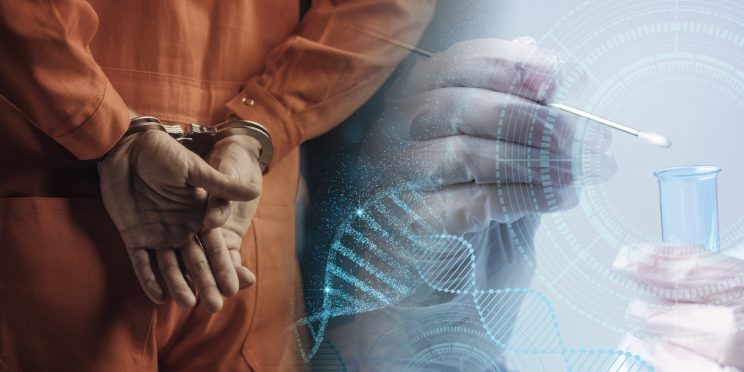This webinar originally occurred on January 20, 2021
Duration: 1 hour
Overview
The presenter discussed the definition of forensic microbiology, a timeline of when it first became popular, and how it differs from molecular epidemiology. The webinar then covered differences between classical microbiology and culture independent methods, as well as advantages and limitations to both. Finally, the webinar discussed pilot and large-scale culture-based and culture-independent microbial data associated with research in cause of death, trace evidence, and non-homicide crimes such as medical malpractice and sexual assault. The presenter gave background for postmortem interval, then cover microbial research in gravesoil, aquatic environments, and human studies.
The webinar covered microbial research in nontraditional forensics such as environmental contamination, foodborne illness, plant pathogens, and antibiotic resistance source tracking. The webinar concluded with needs that must be met for chains of custody and current limitations to forensic microbiology.
Learning Objectives
- An understanding of the difference between classical and culture-independent microbial methods used in forensic science;
- Knowledge of current microbial research in several subfields of forensic science;
- Knowledge of the needs that must be met for chains of custody.
Presenter
- Dr. Heather R. Jordan | Associate professor in the Department of Biological Sciences at Mississippi State University
Funding for this Forensic Technology Center of Excellence webinar has been provided by the National Institute of Justice, Office of Justice Programs, U.S. Department of Justice.
The opinions, findings, and conclusions or recommendations expressed in this webinar are those of the presenter(s) and do not necessarily reflect those of the U.S. Department of Justice.
Contact us at ForensicCOE@rti.org with any questions and subscribe to our newsletter for notifications.




